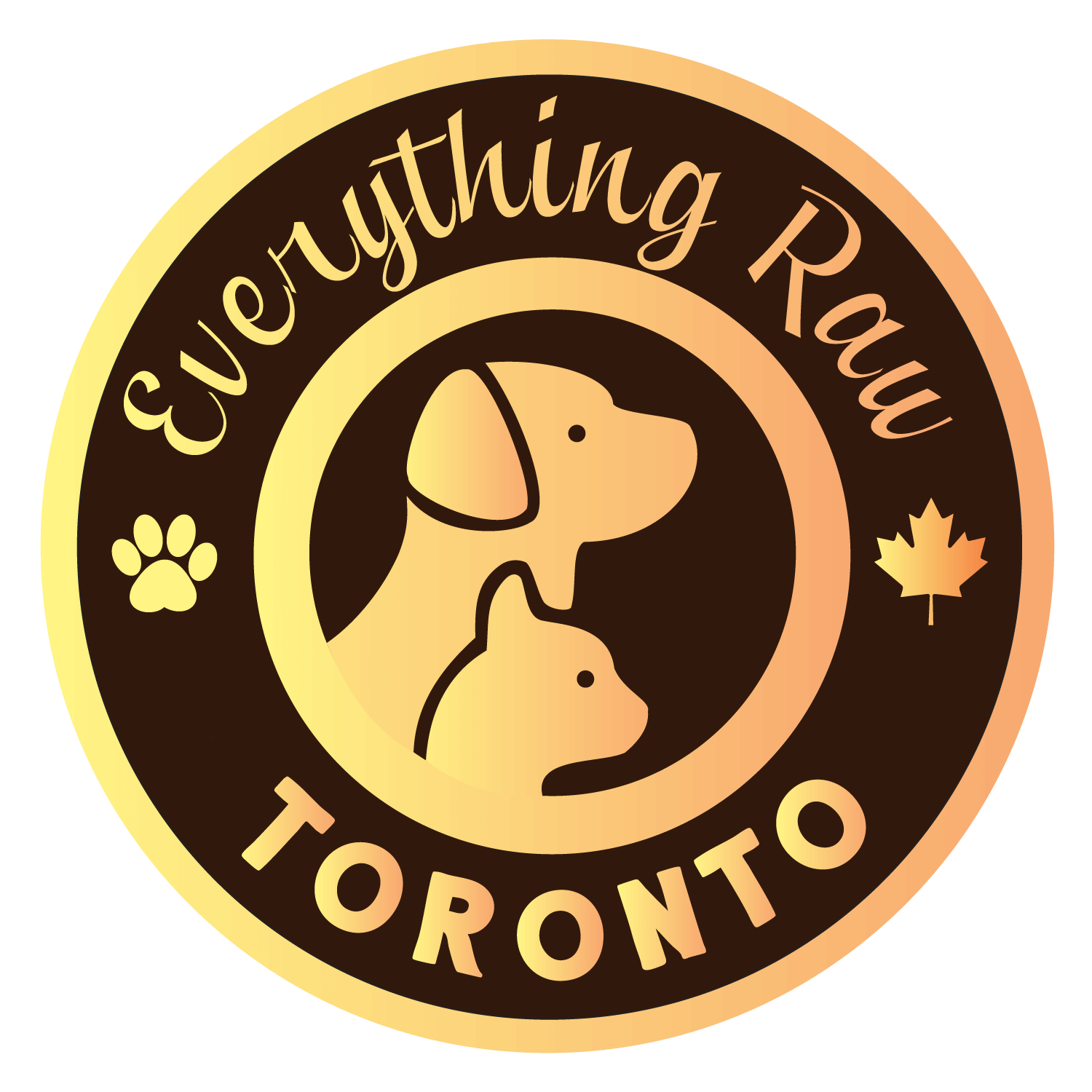
The Optimal Nutrition for Puppies: A Guide to Raw Dog Food Diets
When it comes to the health and well-being of puppies, their diet stands as a cornerstone of their overall development. Just like human infants, puppies have specific nutritional needs that must be met to ensure their growth, development, and vitality. A raw dog food diet, when properly formulated, can meet these needs with precision, offering a pathway to robust health that many pet owners seek for their beloved companions.
Understanding Puppy Nutritional Requirements
Puppies require a diet that is both complete and balanced, catering to their rapid growth and high energy levels. Their nutritional framework should ideally consist of a minimum of 70% meat, providing the essential proteins and amino acids necessary for muscle development and energy. Furthermore, 12-15% of their diet should be bone, which supplies calcium and phosphorus to support bone and dental health. Organ meats, which should make up about 10% of their intake, offer a rich source of vitamins and minerals vital for organ function and development. Lastly, 10% of their diet should consist of roughage, including a variety of fruits and vegetables, to provide fiber and essential nutrients.
The composition of a puppy’s diet is crucial, but so is the quantity. The amount of food a puppy requires is typically determined by their ideal adult body weight, along with their age, usually calculated at 3-4% of their anticipated ideal adult body weight. This percentage ensures they receive the energy needed for their growth and activity levels without the risk of overfeeding.
The Role of a Raw Dog Food Diet
A raw dog food diet in Toronto aims to mimic the natural diet of wild canines, offering a holistic approach to nutrition that many commercial diets fail to replicate. This diet can perfectly meet the outlined nutritional requirements for puppies through its focus on lean meats, moderate fats, organ meats, bones, and a diverse range of fruits and vegetables. Such a diet not only supports physical development but also enhances the puppy’s immune system, coat health, and digestive function.
However, not all raw diets are created equal. Pet owners must ensure that the diet they choose maintains the proper ratios and proportions of nutrients. This may involve tailoring the diet to the puppy’s specific needs or incorporating supplements to address potential deficiencies, especially in areas like vitamin D, E, and certain B vitamins, which might not be adequately provided by the diet alone.
Incorporating Supplements and Ensuring Balance
While a raw pet food diet can provide a broad spectrum of nutrients, some puppies may require additional supplementation to meet their nutritional needs fully. Supplements such as omega-3 fatty acids, which support brain development, or probiotics for gut health, can be beneficial. It’s important to consult with a veterinarian or a canine nutritionist to identify any gaps in nutrition and to ensure that the diet is as balanced and complete as possible.
A raw pet food diet, when properly formulated, offers a comprehensive solution to meeting the nutritional requirements of puppies. Can Puppies Eat Raw Food? They certainly can! By focusing on high-quality ingredients and maintaining the correct balance of proteins, fats, vitamins, and minerals, pet owners can provide their puppies with the foundation for a healthy and vibrant life. As with any dietary regimen, careful consideration and professional guidance are key to ensuring that the diet supports the puppy’s growth and development every step of the way.
Interested in learning more about raw diets for puppies or need guidance on your puppy’s nutrition? Contact us today!


